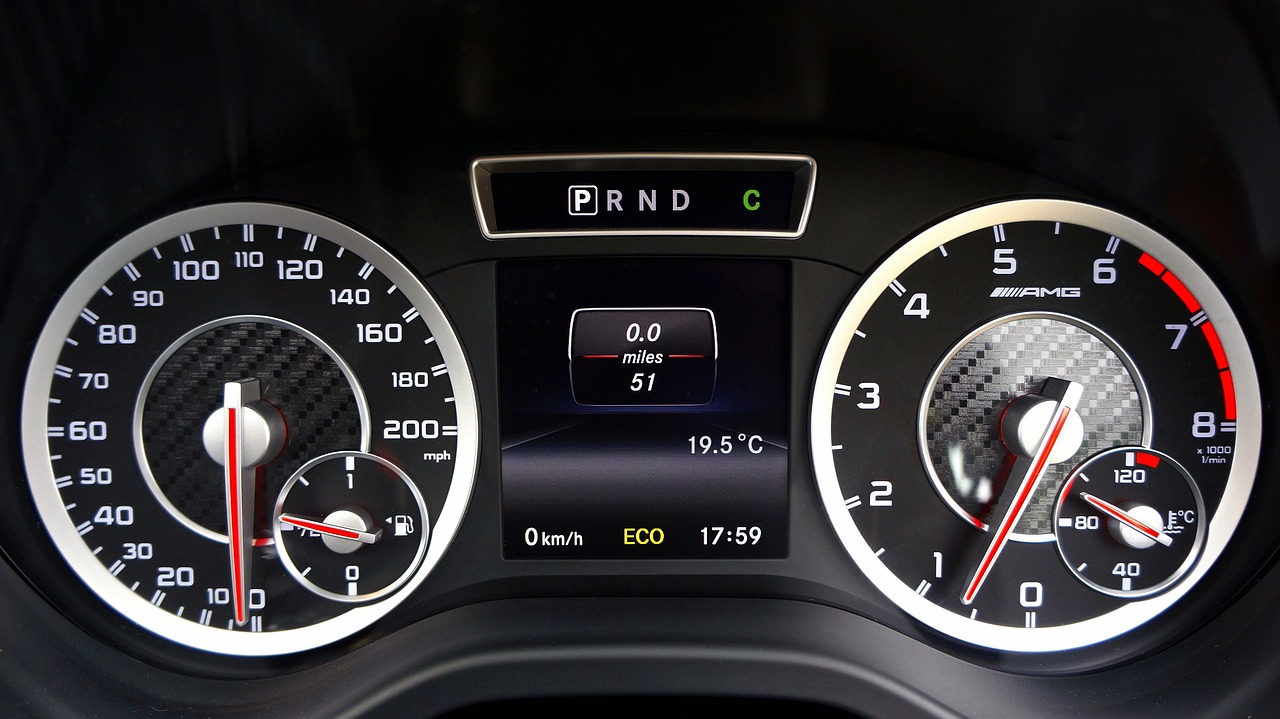Analyzing the Market Potential of Electric Cargo Bicycles for Urban Deliveries
Electric cargo bicycles have seen a significant rise in popularity in urban areas, driven by the growing demand for sustainable and efficient delivery solutions. Businesses are increasingly turning to electric cargo bicycles as a cost-effective and environmentally friendly alternative to traditional delivery vehicles. This trend is expected to continue as more cities implement eco-friendly policies and infrastructure to support alternative modes of transportation.
Moreover, the market for electric cargo bicycles is witnessing a surge in innovation and technological advancements. Manufacturers are constantly improving the design and performance of these bicycles, making them more appealing to a wider range of industries and users. From increased load capacity to longer battery life, these developments are key factors driving the growth of the electric cargo bicycle market.
Advantages of Using Electric Cargo Bicycles for Urban Deliveries
Electric cargo bicycles offer a sustainable solution for urban deliveries, reducing carbon emissions and alleviating traffic congestion in bustling city centers. Their compact size and maneuverability make them ideal for navigating through narrow streets and congested areas where larger vehicles struggle to access.
Furthermore, electric cargo bicycles are cost-effective alternatives to traditional delivery vehicles, as they require minimal maintenance and have lower operational costs. With the rising awareness of environmental issues and the push for greener transportation options, electric cargo bicycles are increasingly becoming a popular choice for businesses looking to streamline their delivery operations while reducing their carbon footprint.
Challenges Faced by Electric Cargo Bicycles in Urban Delivery Market
One of the key challenges faced by electric cargo bicycles in the urban delivery market is their limited carrying capacity. While these bikes are designed to carry heavier loads compared to traditional bicycles, they still have restrictions on the size and weight of the cargo they can transport. This limitation can be a significant barrier for businesses that require larger volume deliveries or need to transport bulky items.
Another obstacle for electric cargo bicycles is the issue of infrastructure and regulations. In many urban areas, there are restrictions on where these bikes can operate, such as bike lanes or designated routes. Additionally, the lack of dedicated parking spaces or charging stations for electric cargo bicycles can make logistics and operations more challenging for businesses utilizing this mode of transport. Without proper support and infrastructure in place, the full potential of electric cargo bicycles in urban deliveries may not be realized.
What are some market trends for electric cargo bicycles?
Market trends for electric cargo bicycles include an increasing demand for sustainable delivery solutions, a shift towards last-mile delivery services, and the adoption of electric vehicles in urban areas.
What are the advantages of using electric cargo bicycles for urban deliveries?
Some advantages of using electric cargo bicycles for urban deliveries include cost savings on fuel, reduced carbon emissions, ease of maneuverability in traffic-congested areas, and the ability to access pedestrian-only zones.
What are some challenges faced by electric cargo bicycles in the urban delivery market?
Challenges faced by electric cargo bicycles in the urban delivery market include limited range and battery life, infrastructure constraints for charging stations, competition from traditional delivery vehicles, and regulatory issues related to road safety and vehicle classification.







